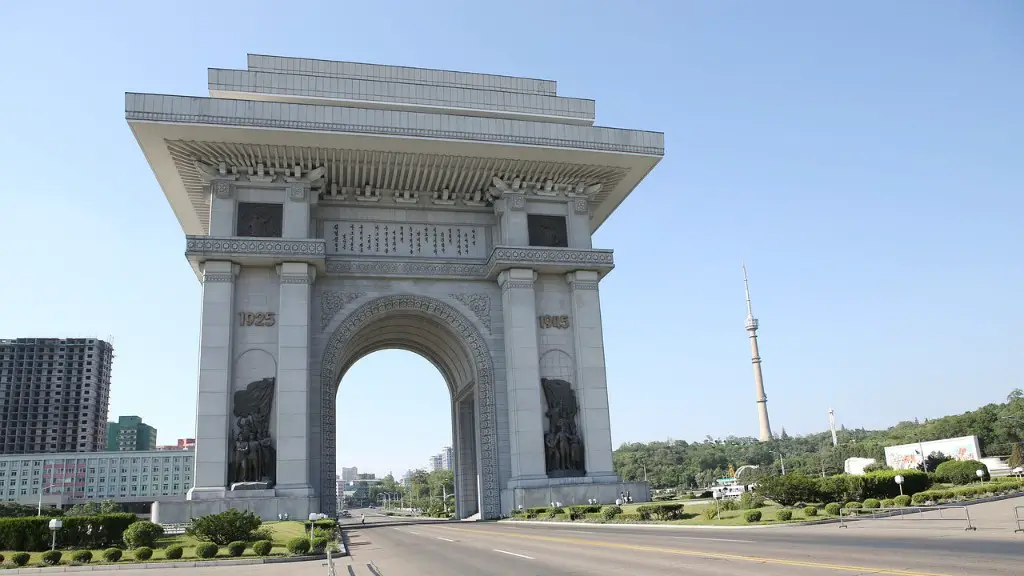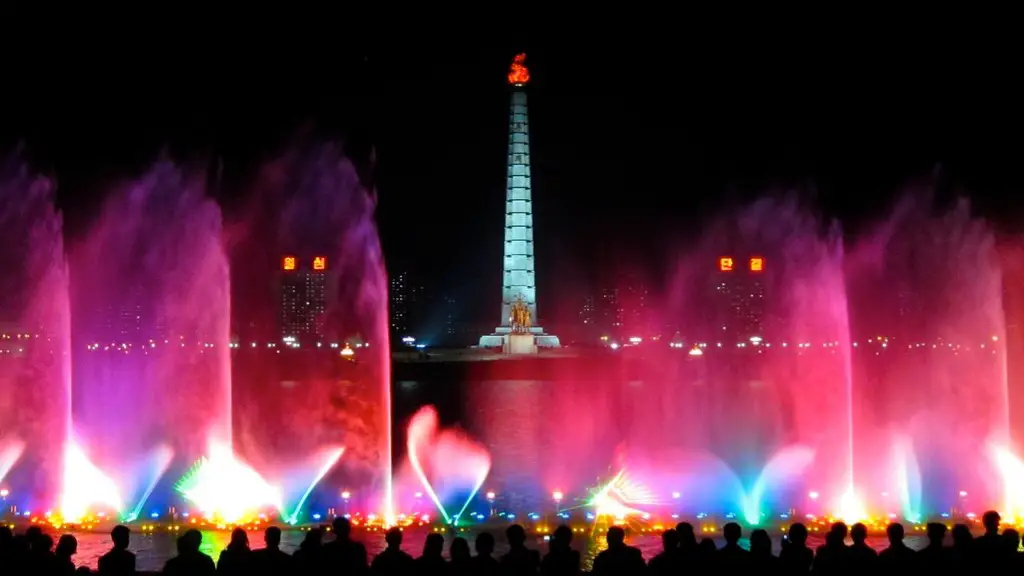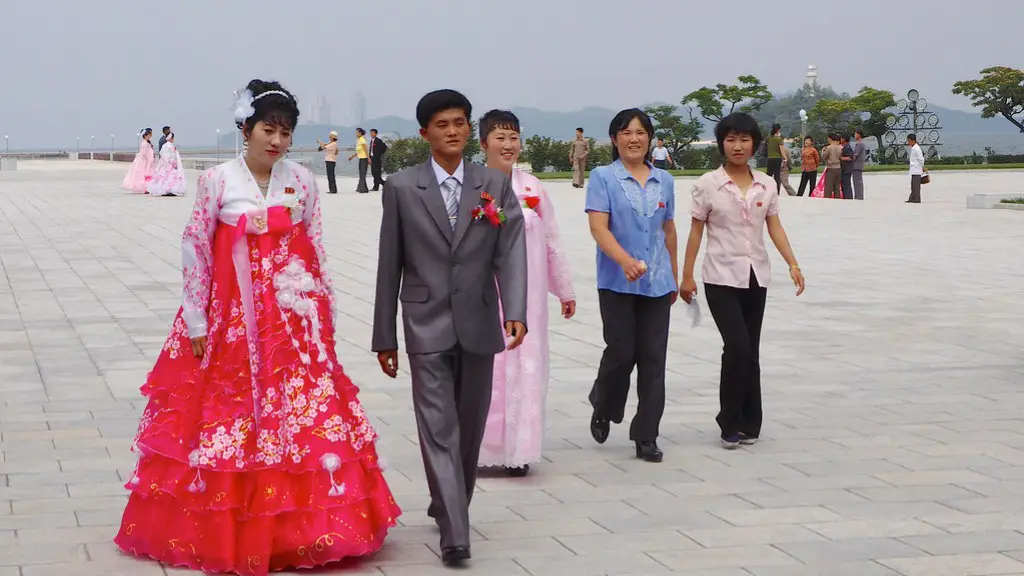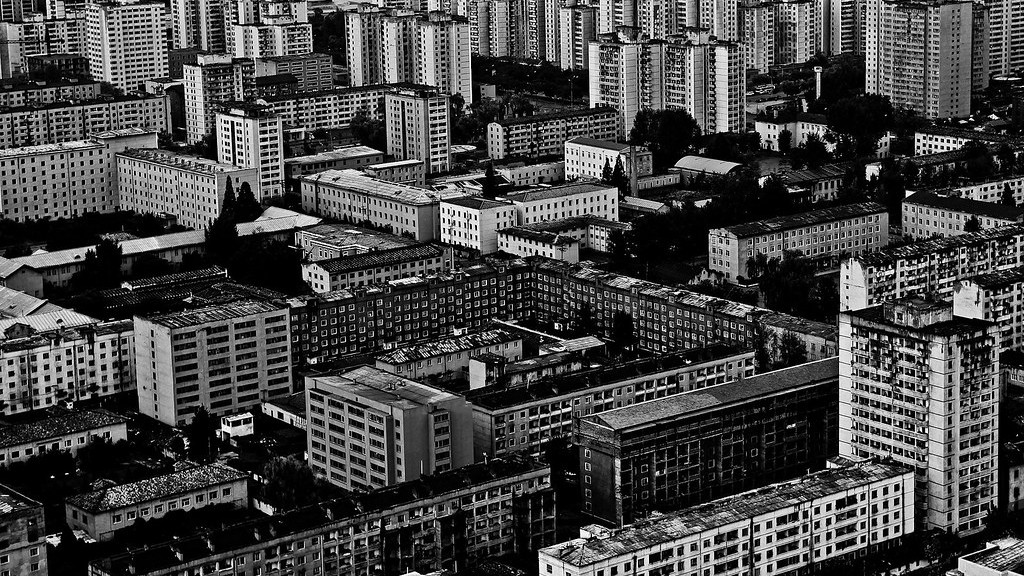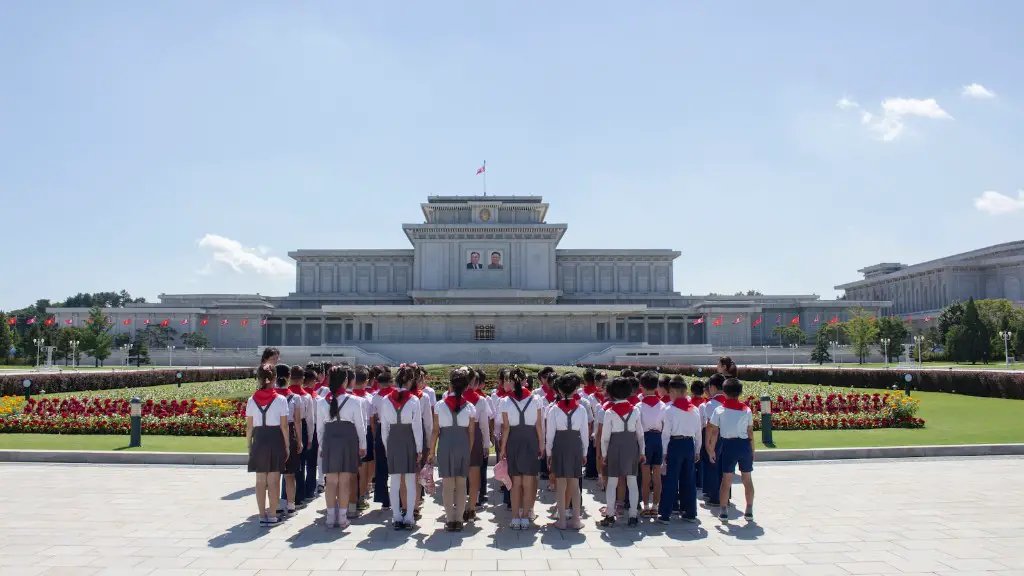In today’s world, many countries have certain regulations and laws for their citizens. Some regulations might be more or less strict than others. North Korea, for instance, is one of the most strict countries in terms of democracy, regulations, and laws. North Korea is an isolated country with an authoritarian government, and its citizens are restricted in many ways, including what they are allowed to do. This article will discuss what is and what is not allowed in North Korea.
North Korea is a highly centralized state, so the government’s control over what its citizens can do is much more expansive than in other countries. North Koreans are not allowed to leave the country without the government’s permission. This means that North Koreans cannot travel abroad and are only allowed to stay in North Korea at all times. In addition, North Koreans are not allowed to access certain websites, or access information from outside the country that the government considers threatening or inappropriate. Additionally, North Koreans are only allowed to access a limited set of government-approved television channels.
North Koreans are also not allowed to own or possess certain items, such as radios and televisions, without the government’s permission. This is to ensure that the population cannot access any information from the outside world which the government considers to be a threat. Additionally, North Koreans are not allowed to own or possess weapons, including guns, knives, and swords, unless they are authorized by the government. Furthermore, North Koreans are not allowed to practice any religion other than the state-sanctioned version of Juche, the state ideology.
Furthermore, North Koreans are not allowed to express any dissenting opinions or criticism of the government. Any form of criticism, regardless of how small, can be seen as a crime and lead to punishment. This applies not only to North Koreans, but also foreigners. Anyone who is caught speaking out against the government or the country’s leader, Kim Jong-un, can be arrested and sent to a labor camp.
Clearly, North Korea’s government has a number of strict regulations and laws that greatly restricts its citizens’ freedom and rights. The government keeps tight control of its citizens, and anyone who is found to be in violation of the laws can face serious consequences. Although North Korea is slowly beginning to open up to the outside world, its citizens are still not allowed to do a number of things.
Censorship
Censorship is also one of the major restrictions in North Korea. The government censors almost everything, from the newspapers and magazines sold in the country to the television programs broadcasted and even the education system. North Koreans are not allowed to access the internet or own a computer without the government’s approval. They are also not allowed to possess any books or magazines that discuss topics that are seen as a danger to the government.
The censorship of information extends to the radio as well, with only limited access available to approved channels. Additionally, the government monitors all forms of communication, both online and offline, to ensure that no one is violating the laws. The government also restricts freedom of speech, with anyone who speaks out against the government facing potential imprisonment.
North Korea’s government also controls the economy, with citizens largely restricted to only officially-approved activities. Private enterprise is not allowed in North Korea, and citizens are only allowed to conduct businesses that are approved by the government. Currency exchange and foreign trade are also heavily regulated. Finally, North Koreans are not allowed to own any property outside of the country.
Education
In North Korea, the government controls the education system, and only the material approved by the government is taught in state schools. Students are only allowed to learn the principles and ideology of the ruling party and any material that is seen as a threat to the government is banned. Additionally, the government heavily dictates what books can be read by students, with non-government approved books strictly forbidden.
Furthermore, independent learning is not allowed in North Korea, and students are only encouraged to learn what is approved by the government. The government also limits the education opportunities for North Koreans, with only a select few allowed to attend certain universities and receive certain degrees. Furthermore, some universities are only open to those with special permission from the government.
Additionally, North Koreans are not allowed to pursue higher education abroad, as it is regarded as a disruptive force in the country. It is believed that anyone who studies abroad might be influenced by foreign ideologies, which could then become a threat to the government. As a result, North Koreans are not allowed to pursue higher education outside the country.
Punishment
North Korea has a strict system of punishment for anyone who is caught violating the laws of the country. This includes both citizens and foreigners, and the punishments are often quite severe. Prisoners in North Korea can be subjected to hard labor or even execution. Additionally, anyone found to be in violation of the laws can have their freedom of movement restricted and are often sent to labor camps.
In some cases, the punishments can be even more extreme. Punishments such as mutilation, death sentences, and even public executions of offenders are not uncommon in North Korea. There have even been reports of the government carrying out public executions for offenses as minor as watching a foreign film.
North Korea also has very strict laws regarding information. Anyone found to be in possession of information deemed to be a threat to the government can face severe repercussions. This includes anyone who is caught accessing the internet, reading a non-government approved book, or watching a foreign film.
Media Access
Media access is heavily restricted in North Korea. Citizens are not allowed to access any unauthorized media, including television, radio, and newspapers. The government also monitors all forms of communication, including phone calls and emails, to ensure that citizens are not accessing or sharing information from outside the country.
In addition, North Koreans are not allowed to own or possess electronic devices such as computers and cell phones without the government’s permission. Furthermore, the government heavily censors any media coming from outside the country, and any material deemed to be a threat to the government is blocked or censored.
Finally, North Koreans are not allowed to access or use any social media sites such as Facebook and Twitter, as these are seen as a threat to the government. Additionally, North Koreans are not allowed to use foreign media such as satellite dishes or foreign television channels, as these are seen as a threat to the government.
Conclusion
Overall, North Korea has a number of strict laws and regulations, and citizens are largely restricted in what they are allowed to do. North Koreans are not allowed to travel outside of the country without the government’s permission, and access to certain media sources is also heavily restricted. Additionally, certain items and activities, such as owning radios and televisions, practicing religion, and expressing dissent, are all forbidden. Punishments for those caught violating the laws can be quite severe, and the government often carries out public executions as a warning to the population.
